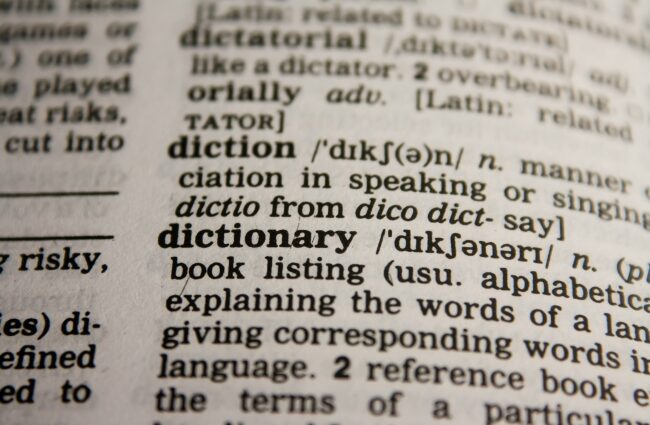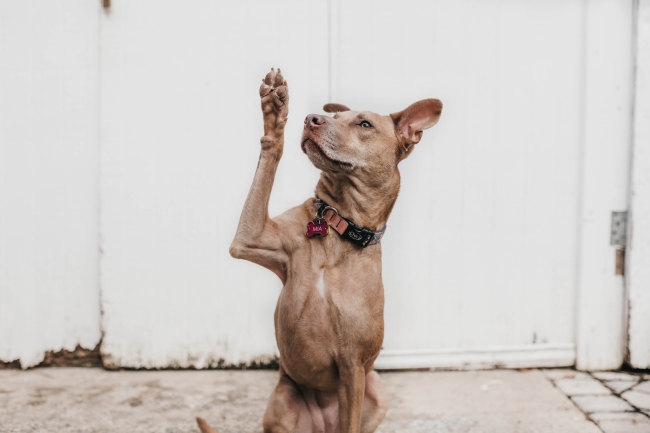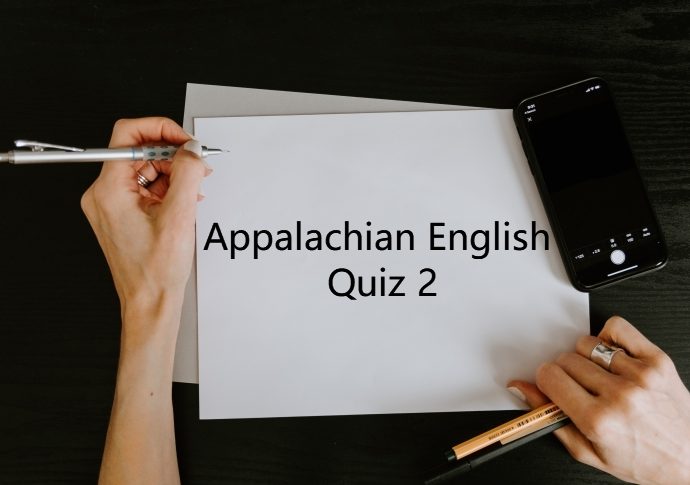About Our Words A Deeper Dive into Appalachian English Quiz 5
I generally provide a bit of detailed information with the quiz answers. Old Father Time, however, wouldn’t allow me to do so. Please enjoy the following findings about our Appalachian language from Appalachian English Quiz 5. Click the gallery images to look closer. Aim to The Free Dictionary byContinue Reading










